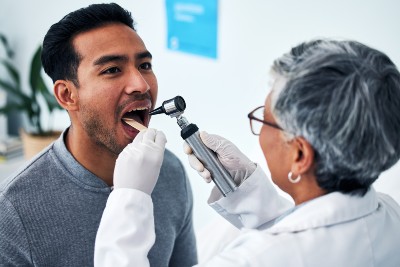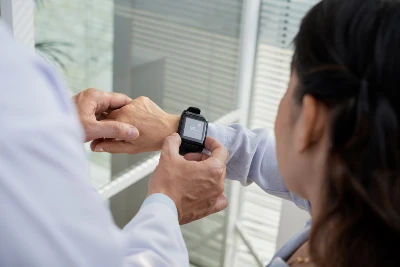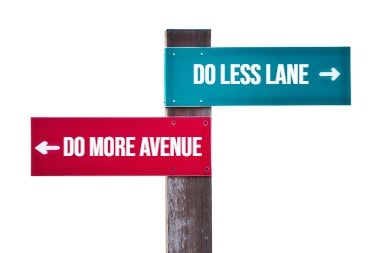It is an absolute honor and pleasure to serve as the new Editor In Chief of The Journal of Urgent Care Medicine (JUCM). To begin, I want to thank Joshua Russell, MD, for his incredible work with the journal over the last 5 years. His effort, dedication, and endless hard work have forever changed the direction of JUCM and shaped its future. It is my sincere hope to continue his impactful work by publishing meaningful …
Read More









